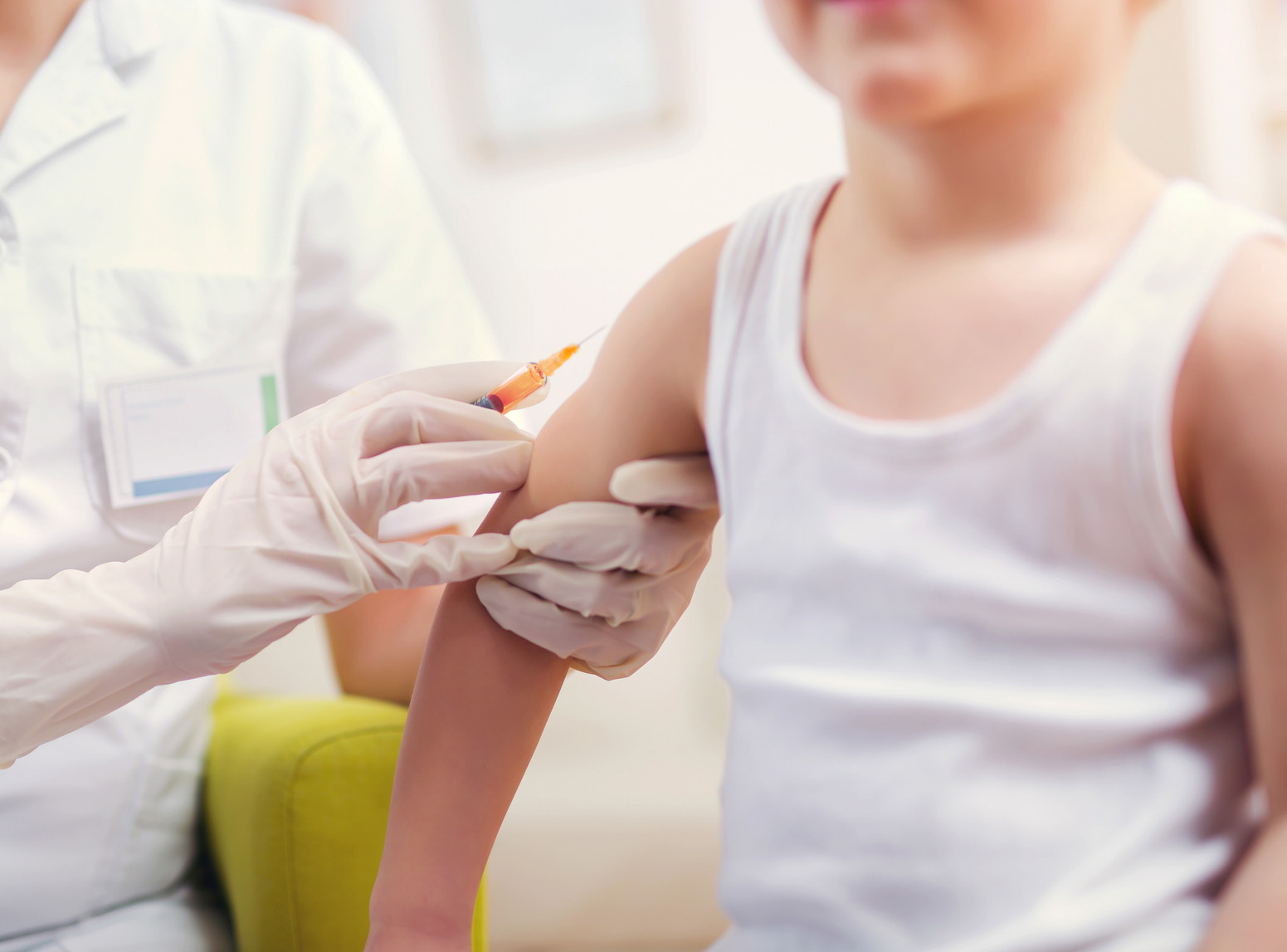 The TGA has approved the Pfizer COVID-19 vaccines for kids 5-11. Roll-out is expected as early as January 2022. Do you know all the bits and pieces about the safety and efficacy of the vaccine?
The TGA has approved the Pfizer COVID-19 vaccines for kids 5-11. Roll-out is expected as early as January 2022. Do you know all the bits and pieces about the safety and efficacy of the vaccine?
Earlier this week, the Australia’s Therapeutic Goods Administration (TGA) provisionally approved the Pfizer vaccine for children between five and 11 years of age. The next step in the process of getting the vaccine out and about is the official recommendation by the Australian Technical Advisory Group on Immunisation (ATAGI).
According to ATAGI’s co-chair, Professor Christopher Blyth, ATAGI will be sharing their findings with the government imminently. “ATAGI is finalising its advice this week. We have looked at the safety data very carefully, because the risk benefits are different in this group compared to older people,” Prof Blyth said in a news release.
As far as supplies, Australia seems to be ready to go. According to Lieutenant General John Frewen, commander of the Defence COVID-19 task force, all Australian children in the five- to 11-year-old bracket will soon be able to receive the COVID-19 jab.
“We believe we will have adequate supply early in the new year to cover the entire cohort,” Mr Frewen said in a news release. “We are working with states and territories about what arrangements are in place, like school-based vaccines, but at the moment we will have the capacity to get all the cohort dosed early in the new year,” he added.
Federal Health Minister Greg Hunt said the government expected to begin the rollout of the vaccine to the age group from January 10, following approval from ATAGI. “The Pfizer vaccine for five to 11-year-olds will be distributed to vaccine providers in different packaging to the vaccine approved for people 12 and over, and will be clearly differentiated by being dispensed from orange-capped vials instead of grey- or purple-capped vials,” Mr Hunt explained in a news release.
What to expect
The Pfizer COVID-19 vaccine has been given to young children in the United States and other countries, where it has been deemed safe. In fact, according to Professor Jonathan Carapetis, director of the Telethon Kids Institute in Perth, parents should be confident of the safety and efficacy of the vaccine.
“It’s been studied very thoroughly in clinical trials,” Dr Carapetis said in a news release.
“The other thing that people need to keep in mind is that right now, in the United States, there’s been more American children already vaccinated in this age group than we have Australian kids [aged] five to 11. They’ve already vaccinated more than four million kids in the United States. We’ve only got 2.3 million in that age group. So, the experience is massive, and they are not seeing any significant problems,” he added.
So, what side effects can you expect? According to the Centers for Disease Control and Prevention in the USA (CDC), some common side effects include:
- Pain, redness and swelling in the area where the jab was received.
- Tiredness
- Headache
- Muscle pain
- Chills
- Fever
- Nausea
According to the CDC website, parents should consult with a GP for advice on pain relievers or other steps to take to care for their children, following vaccination. Furthermore, according to the CDC website: “In general, aspirin is not recommended for use in children and adolescents less than 18 years of age.”
Dr Carapetis said that the evidence so far shows that the Pfizer COVID-19 jab only causes mild effects in children, similar to adults. “It can cause the side effects of a sore arm, kids can get sort of the flu-like symptoms, they can get a temperature, they can get the aches and pains,” he said in a news release.
“There are some very rare side effects in the older adolescents that we’ve heard about, the myocarditis and the pericarditis, which is basically the kind of transient symptoms around some inflammation around the heart. Those sound very nasty, but in almost all cases, they’re mild, they get better, and they don’t even require you to be in hospital. Those are incredibly rare,” he added.

